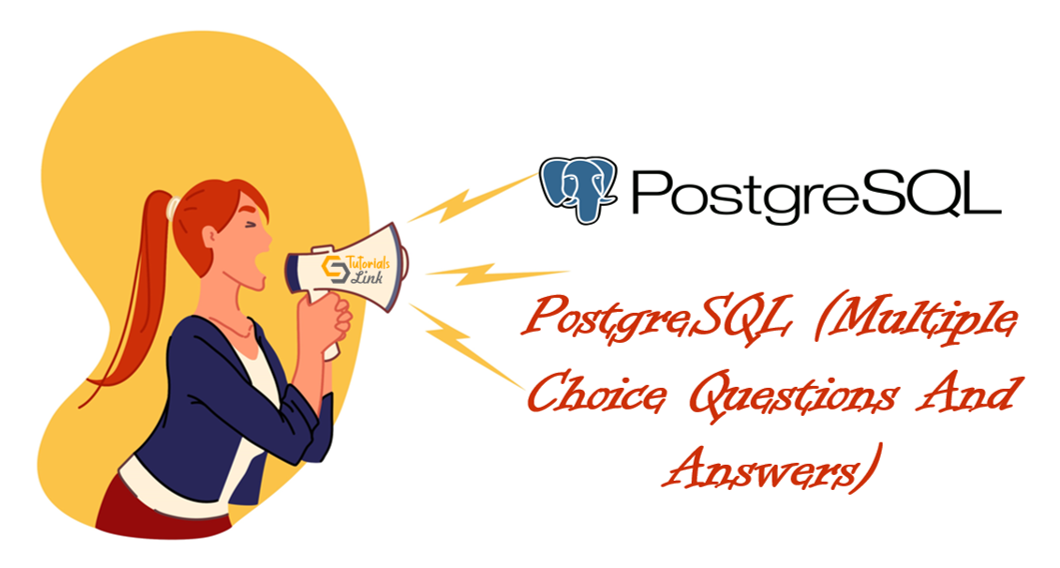PostgreSQL MCQ Quiz (Multiple Choice Questions And Answers)
PostgreSQL is a powerful, open-source object-relational database system with over 30 years of active development that has earned it a strong reputation for reliability, feature robustness, and performance.
There is a wealth of information to be found describing how to install and use PostgreSQL through the official documentation. The PostgreSQL community provides many helpful places to become familiar with the technology, discover how it works, and find career opportunities.
|
Developer(s) |
PostgreSQL Global Development Group |
|
Initial release date |
8 July 1996 |
|
Repository |
git.postgresql.org/gitweb/?p=postgresql.git |
|
Written in |
C |
|
Operating system |
FreeBSD, Linux, macOS, OpenBSD, Windows |
|
Database Type |
RDBMS |
|
License Types |
PostgreSQL License (free and open-source, permissive) |
|
Official Website |
postgresql.org |
In this Quiz, you’ll find the most asked and FAQ based PostgreSQL for your next interview.

Are you preparing for the next job interviews? If yes, trust me this post will help you also we'll suggest you check out a big collection for Programming Full Forms that may help you in your interview:
List of Programming Full Forms
1. PostgreSQL can be used from just about any major programming language, including C, C++, Perl, Python, Java, Tcl, and PHP.
- True
- False
- Forwardslash character (/)
- Dollar sign ($)
- Backslash character (\)
- Question mark (?)
3. When you want to use a join between columns that are in the same table, you use what type of join?
- union
- right outer
- left outer
- self
- Workstation
- Client
- Thin Client
- Interface
- A server’s purpose within a cluster.
- The purpose of a particular database.
- A cluster’s purpose.
- A template for authorization to various database objects.



